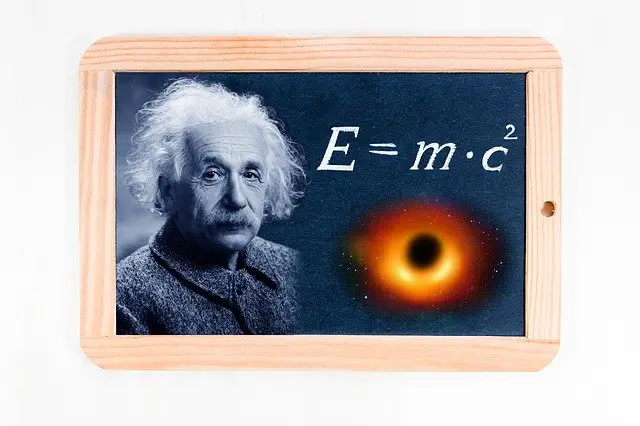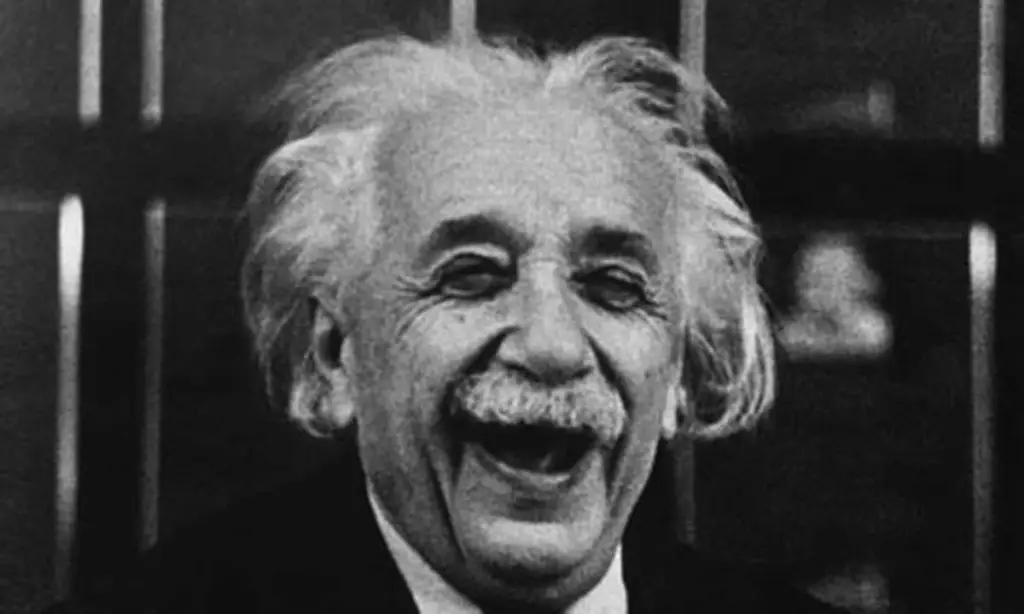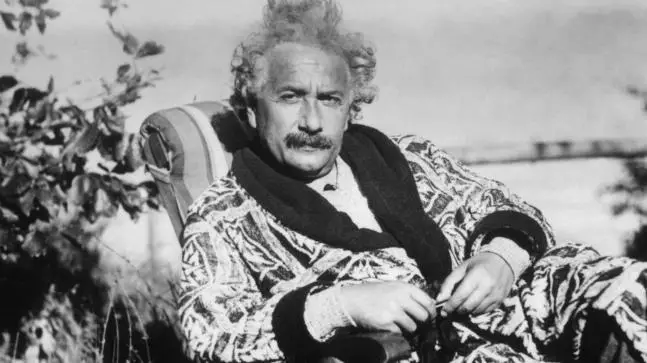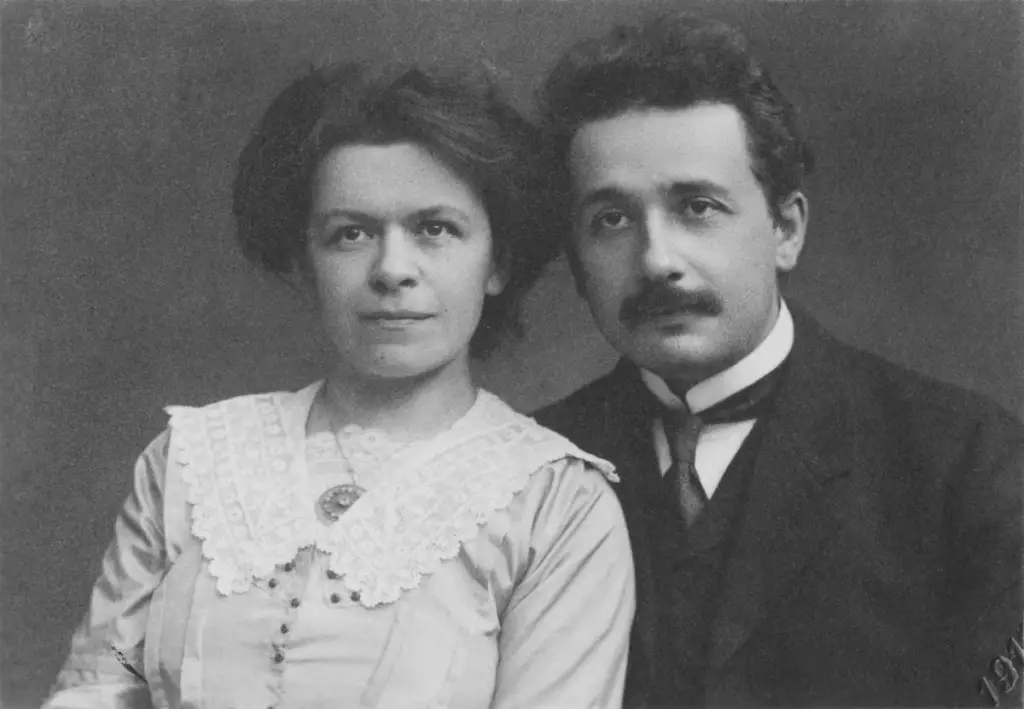Albert Einstein was a theoretical physicist and one of the smartest people in history. His extensive research work has contributed to the field of science significantly, and if you have ever studied physics, you are sure to have heard of his scientific theories.
Many people want to know just how smart he was and what his IQ was. In this article, I am going to tell you about Einstein’s IQ as well as some interesting facts about this extraordinary man.
So what was Albert Einstein’s IQ? Although Albert Einstein is believed to be one of the most intelligent people to have lived, he never took the modern IQ test that we have today. This fact makes it difficult to measure and compare his IQ. Various experts have, however, come up with an estimate of Einstein’s IQ. Many people score his IQ as 160, but some theorists give a range of 160-190, which is considered a very high IQ.
We might not be able to know exactly how high Einstein’s IQ was, but it is clear that he is one of the most brilliant minds to have lived. His work in developing the field of modern physics to what it is today is highly celebrated. There are many questions you might still have about this scientist and how he became so intelligent. Was there something about his parents, his upbringing, or his lifestyle? Was he the smartest man to have lived, and how is IQ measured? You can find out more about all of these topics in this article, so keep reading!
The Upbringing and Early Years of Albert Einstein

Albert Einstein lived an extraordinary life. He was born in 1879 in Germany. It was clear from a very young age that he was a very brilliant individual with a high IQ. He did well at school and attended a Catholic elementary school from the ages of 5-8 years in Munich, Germany. From there, he transferred to the Luitpold Gymnasium, where he completed his primary and secondary education.
Many people wonder about the influence of Einstein’s parents on his high IQ. Albert Einstein’s mother was Pauline Koch, and his father was Hermann Einstein. Hermann Einstein was an engineer and salesman, and together with his brother, had formed an electrical equipment manufacturing company known as Elektrotechnische Fabrik J. Einstein & Cie.
Hermann Einstein wanted his son to also go into electrical engineering, but Albert resented the way the schools taught their curricula. He believed that much of the joy and creativity of learning were missed out on when school relied on strict rote learning. In search of new business opportunities, Einstein’s family moved to Pavia, Italy, and he followed them at the end of 1894 when he was 15 years. While in Italy, he wrote an essay titled, “On the Investigation of the State of the Ether in a Magnetic Field.”
Two subjects where Einstein excelled in during his school years were math and physics. He was years ahead of his fellow students in his math level. In one summer, young Einstein taught himself algebra and geometry at the age of 12 years. Also at that age, he found a proof for the Pythagorean Theorem. He even worked through a whole geometry book from his tutor Max Talmud in a short space of time.

Einstein’s high IQ and ability in math were, therefore, present from an early age, and only increased as he got older. His tutor could not keep up as he started working on higher math and developed a great passion for algebra and geometry. By 14 years, he had taught himself and mastered integral and differential calculus. It wasn’t just math that captured Einstein’s interest and time when he was young. He also grew a passion for philosophy and music at the age of 13.
In an entrance exam for the Swiss Federal Polytechnic School in Zürich when he was 16 years, Einstein scored exceptional marks in physics and math. He, however, did not score well in the general sections of the exam, so he ended up attending the Argovian Cantonal School (gymnasium) in Aarau, Switzerland instead. After passing the final secondary school exams, he progressed to enroll for a math and physics teaching diploma.
While doing his diploma, he met his future wife, Mileva Marić, who was in the same program. Their friendship and later romance involved a shared love for physics and reading books together, even outside of class. Some say Mileva could have collaborated with Einstein in is 1905 papers, but there is no historical proof of this.
Einstein’s Scientific Contributions

There are so many things that Einstein studied and researched during his career. Many of these are studied regularly today. All of these works and theories show just how brilliant he was. The most significant contribution that Einstein made to the world of physics was the theory of relativity, which is now one of the pillars of modern science. He also came up with one of the world’s most famous equations. The mass-energy equivalence formula, E=mc2, is a significant relationship in our understanding of the world.
For all his research and work, Einstein earned many awards. He was awarded the Nobel Prize in Physics in 1921. This award was specifically for “his services to theoretical physics, and especially for his discovery of the law of the photoelectric effect.”
Throughout his career, Einstein published as many as 300 scientific papers and over 150 that were non-scientific. He wrote many books, and when his archives were released in 2014, there were over 30,000 different documents included.
Einstein’s Personality, Habits, and Lifestyle

You may have questions about the personal life and personality of someone who was so brilliant in his field and so dedicated to research. Many times, we associate very high IQ with being quirky and possibly strange. Here are some highlights and interesting facts about Einstein, which show us just what kind of a person he was. You might be surprised by some of his habits, and maybe you can adapt some of them for yourself.
- Einstein had a sense of humor. He wasn’t too serious in his research to enjoy himself and his work.
- He was a creative person and a non-conformist. He was someone who asked questions and looked for new solutions to existing problems.
- He slept at least 10 hours at night and took regular naps during the day.
- Einstein’s photos often show him with an expression look and trademark hairstyle. These images have fed into the idea of a “mad scientist,” which is used in relation to the greatest minds and most eccentric inventors.
- Einstein took daily walks, and these were an essential part of his day. When working at prestigious Princeton University, he walked over a mile there and back each day.
- He did not like socks and usually went without them. The reason for this was that he didn’t like the way the big toe often made a hole in the sock.
- He played the violin and was involved in a classical music group.
- He was involved in a political party and supported the views of socialism rather than capitalism.
What You Can Learn from Einstein’s Life

One thing is clear when you look at Albert Einstein’s early life—he developed an interest in science early on. We can see that he had a natural talent for this. It might also have been helpful to have a father in the science field who encouraged him to pursue engineering. Even though Einstein did not go into engineering, he had a supportive family. His family tutor also helped and supported in his early love for math. Many students with natural talent do not pursue their interests because their teachers and parents may not always give them the support they need.
We can also see that Einstein had the motivation and drive to teach himself new things. He didn’t wait to learn all about algebra and geometry from his teachers, but he read through the textbook on his own. From this, we can see that having the internal drive to go after your interests and passions can get you ahead. Whether you have natural talent and high IQ or not, your commitment to working hard and pushing yourself is going to pay off. Asking questions, thinking outside the box, and doing more than asked of you can impact the results you get.
Healthy habits also seem to have played a part in Einstein’s life. Getting enough sleep and exercising regularly are both important once, which were important to the famous scientist. He had a family and friends, and it has been proved that having such relationships can be helpful to a healthy mindset.
Albert Einstein was one of the greatest scientific minds of our time. While we cannot know his actual IQ, he is clear that he was naturally gifted. He also followed his passion and made the time to pursue his interests and make a difference in the field of science. The importance of hard work and perseverance are two of the most significant lessons we can learn from the life of Albert Einstein.
Everybody is a genius. But if you judge a fish by its ability to climb a tree, it will live its whole life believing that it is stupid.
Albert Einstein
Liked this article? Find out what was Stephen Hawking’s IQ.

